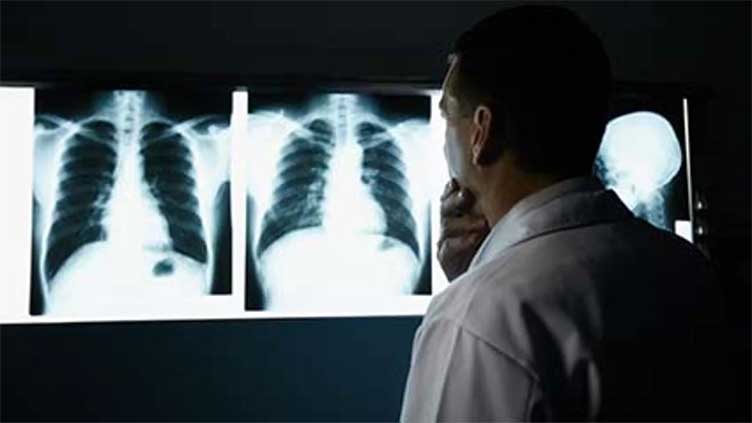Geographical barriers removed by a new donor lung allocation method

Geographical barriers removed by a new donor lung allocation method
(Web Desk) - According to new research, more lives could be saved if donor lungs were distributed in a different fashion that did not depend on geographic limits.
The Composite Allocation Score will take the place of the present U.S. system, which searches for compatible individuals within a set radius, in early 2023. The new score will give the candidate’s medical requirements priority.
One of the study’s authors, Dr. Maryam Valapour, senior investigator for lung transplantation at the U.S. Scientific Registry of Transplant Recipients, said, “The necessity of removing the geographical barrier can’t be stressed here” (SRTR). Reduced waiting [death rates] and, eventually, improved post-transplant survival are also goals of the Composite Allocation Score system, which aims to provide access to lung transplant for all candidates in the United States.
According to a study conducted by Valapour and associates at the SRTR and the Cleveland Clinic, where she is director of lung transplant outcomes, the present approach evaluates donor and recipient compatibility, geographic limitations, and prioritises calculated survival after transplant.

